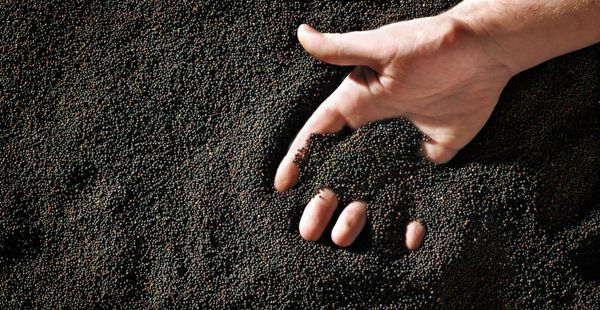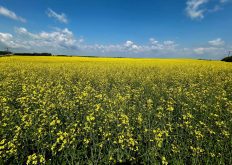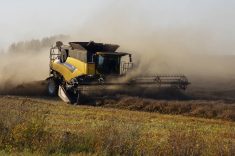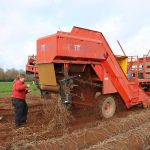Commodity News Service Canada – It’s a nervous time for Canada’s canola industry as it lobbies the Chinese government over a plan to impose new dockage rules on imports of Canadian canola on Sept. 1.
That’s when China’s quarantine agency, AQSIQ, says the dockage allowances for Canadian canola will be pegged at one per cent, down from the old mark of two and a half per cent.
China has said worries over disease are the reason for the new rules.
However, the president of the Canola Council of Canada says she doesn’t buy that.
Read Also
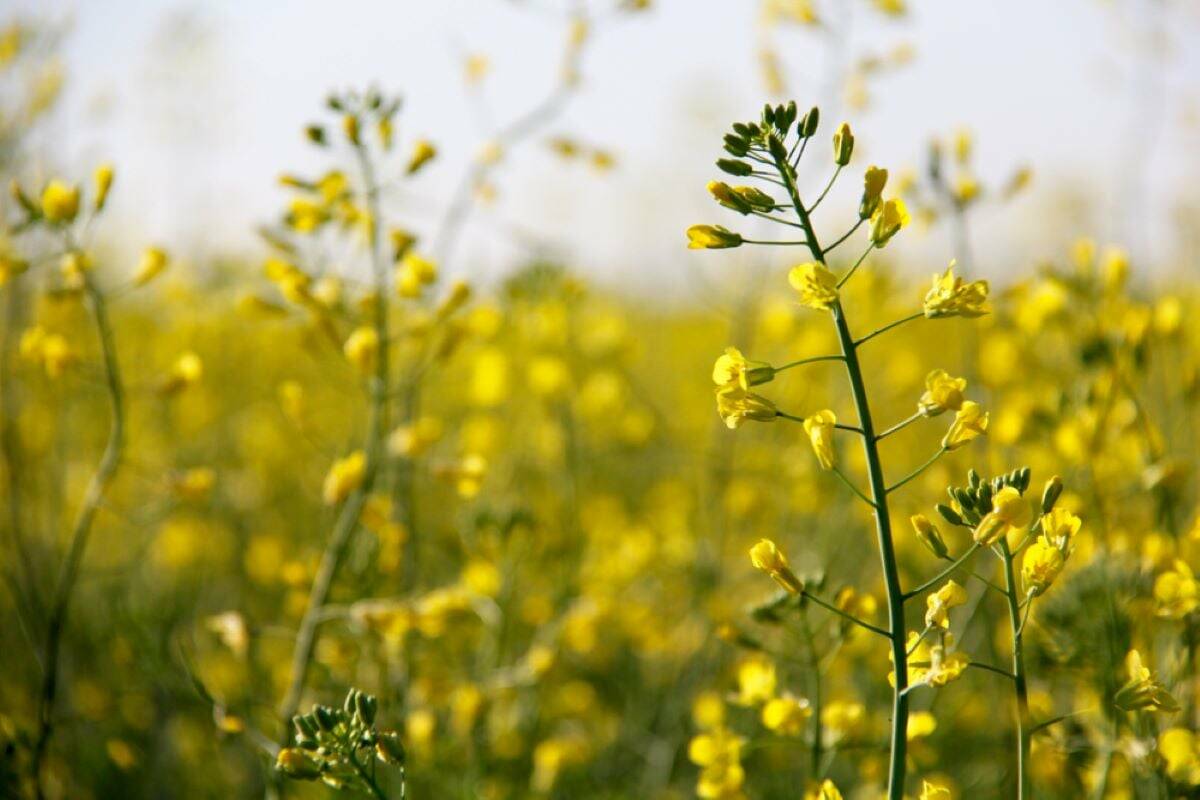
Funds exiting short positions in canola
Speculative fund traders reduced their net short position in canola futures for the fourth straight week in the latest Commitments of Traders report from the United States Commodity Futures Trading Commission (CFTC) released Friday.
“There’s absolutely no reason from a disease perspective to reduce dockage, that really should be a commercial negotiation,” said council president Patti Miller. “Blackleg won’t be transmitted through dockage.”
Many in Canada believe the decision is prompted by China’s desire to limit the flow of oilseeds imports while it gets rid of existing rapeseed stockpiles.
Whatever the case, it has definitely caught the attention of the market, according to a trader in Winnipeg.
“It’s certainly a big negative and might be adding to some of the selling in here too because people are saying, ‘it’s still not done, it’s still not done’ which is giving speculators some confidence that this thing (canola market) is still going down,” noted Keith Ferley of RBC Dominion Securities.
Another analyst, Mike Jubinville of ProFarmer Canada in Winnipeg, suspects China may decide to delay the deadline, essentially kicking the can down the road.
“I suspect there will be hype about it in the next six weeks and then all of a sudden it will go away,” he said.
Jubinville adds China needs the canola just as badly as Canada needs them to be a buyer, which is why he’s confident something will get done.
“Every year they need just as much, usually more, than the year before,” he said, adding canola was relatively cheap compared to other vegetable oils and soyoil.
Canola was trading below $450 per tonne the morning of July 26. The last time it was that low was in March.
Statistics Canada estimated this year’s canola acreage at 20.02 million tonnes, which is roughly the same as last year’s acreage.
While excess water was causing a few problems for canola plants on the Canadian Prairies there were still expectations of a very large harvest.
Both of Canada’s major railways, Canadian Pacific Limited and Canadian National Railway Company have been warned by agricultural leaders to make sure they have enough cars available for what should be an extremely large crop.
The advice comes just two years after a bitterly cold winter snarled rail-traffic and significantly delayed canola exports.
Miller says Canada exports $2 billion worth of canola seed to China every year with the U.S. and Mexico also taking large shipments.
Canada exported four million tonnes of canola to China in 2014-15, accounting for nearly half of the 8.9 million tonnes of total exports, according to Canadian Grain Commission data. China accounted for 3.2 million tonnes of the 8.5 million tonnes of canola exported during the 10 months to date of the current crop year.
Miller stresses she’s hopeful a solution will be found but wants people to know how big a deal it will be if the new dockage requirements go into place.
“If we don’t find a solution by September 1 there’s going to be significant consequences,” she said.
Ferley says China is also able to take the canola during key marketing windows.
“The other thing about China is we’ve always has this window of opportunity (with them) when we’re going to move product at a certain time frame,” he said.
Miller says the issue touches everyone in the supply chain too, from the producer through to the grain-handling business.
Another question is whether all of the companies have the ability to get down to one per cent.
“Each company will make their own decision of course, but the industry at large, does not believe one per cent can be achieved,” she said.
A farmer near Winnipeg says he’s been told much of the so-called dockage that is refused is in fact, just cracked canola.
Miller says she has heard that same comment but knows whatever the case, China will be the ones deciding what can be allowed.
“Neither China or Canada want canola trade to stop. Everyone is committed to working through this,” she said.
For his part, Jubinville says an agreement could come at the 11th hour but he doesn’t know for certain. “I could be wrong and the Chinese dig in their heels on this issue and it stops the flow and that would be very bad. But I suspect they really need it and will start buying,” he said.
The Chinese Embassy in Ottawa said in July experts from its agricultural department were talking with their Canadian counterparts about the issue and how to solve it.


